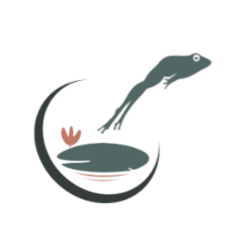Is childhood trauma impacting your life as an adult?
If you have experienced trauma as a child, it is likely that you have or are currently experiencing some amount of post-traumatic stress.
What is childhood trauma?
Childhood trauma is not only physical, mental, or sexual abuse but also exposure to traumatic events. These events can be witnessing natural disasters, violence at home, school shootings on TV, etc.
Why does each child react differently?
You may be wondering why certain children react in different ways to trauma. The truth is, there are several possible factors. These include, but are not limited to, their developmental level, cultural factors, available resources, and problems in the home. It is estimated that between 3% to 15% of girls and 1% to 6% of boys will develop PTSD or Post Traumatic Stress Disorder.
Childhood Trauma and Adulthood
Experiencing or witnessing trauma as a child can significantly impact an adult’s quality of life. It can start to be felt in areas such as physical health, mental health, and interpersonal relationships. This is partially due to the impact childhood trauma has on the child’s ability to form a secure attachment with their caregivers.
Here are the 4 common attachment styles:
Secure: People with secure attachment styles have healthy relationships and good levels of self-esteem.
Ambivalent: These attachment styles are reluctant to get too close to people and always worry that their partners are going to leave them.
Avoidant: Avoidant attachment styles fear abandonment, thus having problems with intimacy and never letting anyone close.
Disorganized: This style will tend to take on parental roles in romantic relationships.
Other Areas Impacted
Exposure to childhood trauma has also been linked to poor self-esteem, depression, self-destructive behavior, and difficulty trusting others.
Each trauma and person is different. When children experience trauma they search for protection and most often find it in coping mechanisms that allow them to function and survive. Unfortunately, these tend to be skills that lead them to withhold emotions and mask their fear, anger, and sadness.
As children become adults, PTSD and traumatic events from childhood can result in negative health consequences for adults. Adults who experience childhood trauma are more susceptible to mood disorders such as depression. They are also more likely to abuse substances such as alcohol, drugs, and food. The risk of developing chronic illness is most likely attributed to the fact that these adults engage in high-risk activities at a young age that brings health consequences.
Moving Forward
It is never too late to seek out help for childhood trauma. Symptoms, thoughts, and feelings that you have about that trauma as an adult are still just as important as they were then. Speaking with a therapist can be helpful to guide you as you process those past events and start your new journey.
Don’t forget to like and follow us on

